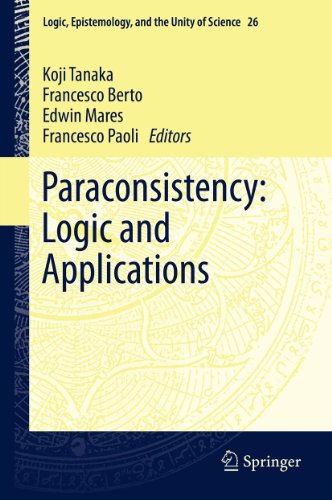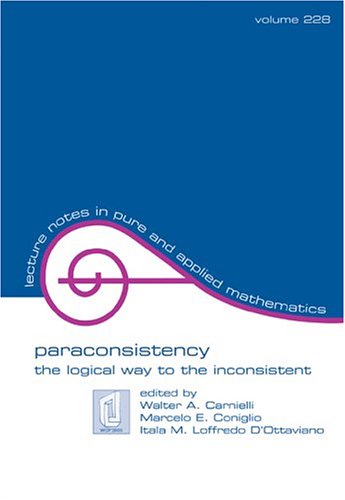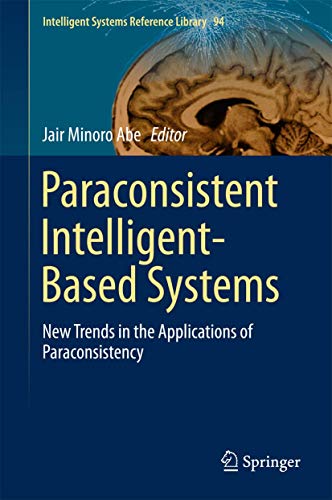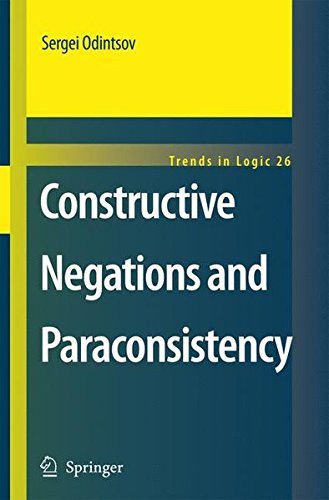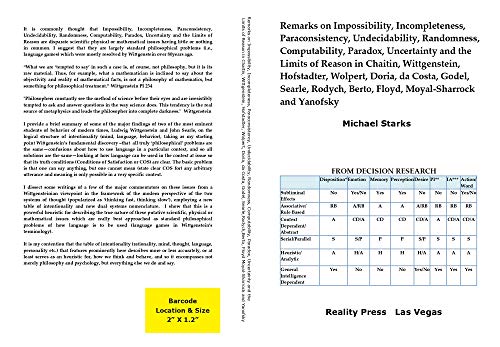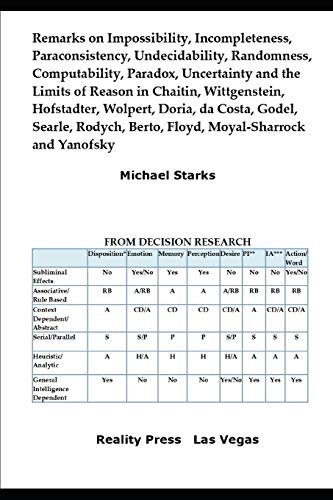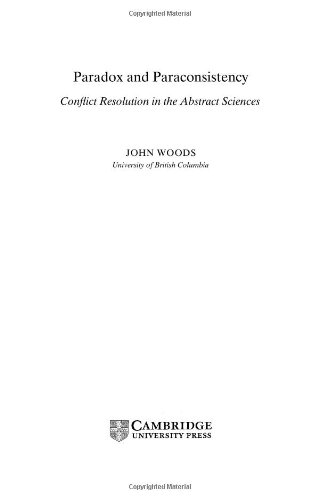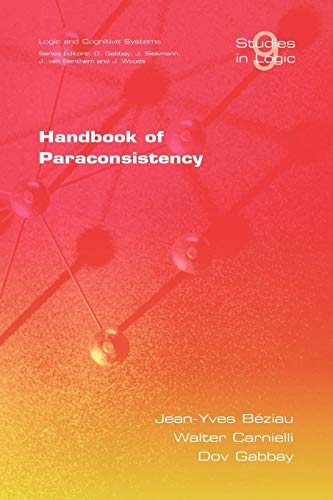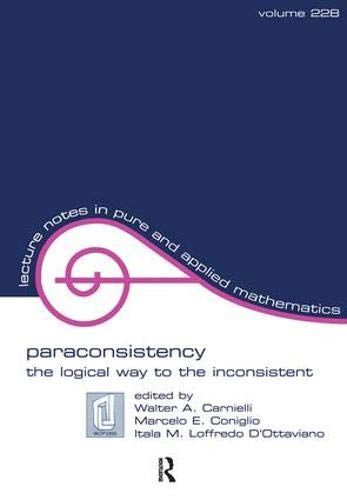View that there are important paraconsistent logical theories; that is theories that do not allow (as classical logic does: see relevance logics) that a contradiction has every proposition among its logical consequences.
A system which contains contradictory proposition is inconsistent. But if it does not also contain every proposition (as it would for classical logic) it avoids being trivial. It is claimed that various scientific and mathematical theories are in fact of this nature, and so can be logically analyzed by paraconsistent logics, and also shown to be respectable as they stand (that is, we need not assume that the inconsistencies in them are merely aberrations that must be removed before they can be properly studied).
Also see: dialetheism
Source:
G Priest and R Routley and J Norman, eds, Paraconsistent Logic (1985)
Table of Contents
Last update 2020-06-17. Price and product availability may change.

